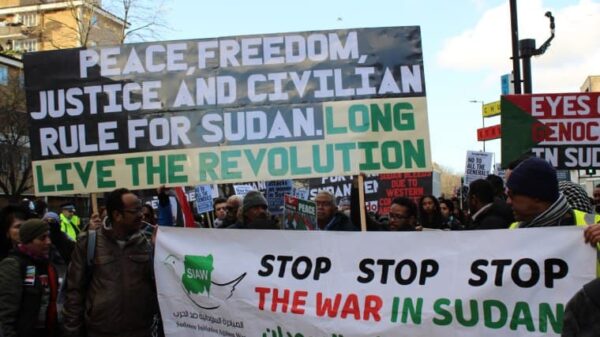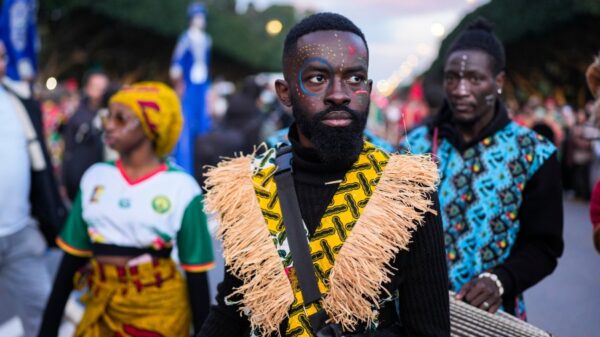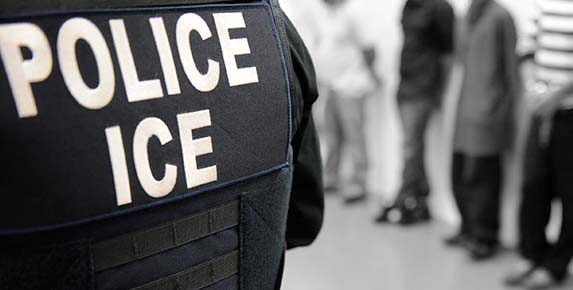South Korea has expressed serious concerns following a significant immigration raid at a Hyundai plant in the United States, resulting in the detention of over 475 individuals, predominantly Korean nationals. The operation, conducted by the Immigration and Customs Enforcement (ICE) alongside Homeland Security Investigations (HSI) and the FBI, was described as a substantial enforcement action.
During a press conference, HSI Special Agent in Charge Steven Schrank highlighted the scale of the operation, stating it represented “the largest single-site enforcement operation in the history of HSI.” The investigation uncovered undocumented immigrants and foreign nationals employed by multiple companies without proper authorization. Schrank clarified that this raid was not a simple immigration sweep but rather the culmination of a multi-month criminal inquiry. He noted, “We have developed evidence, conducted interviews, gathered documents, and presented that evidence to the court in order to obtain a judicial search warrant.”
The operation’s implications have drawn international scrutiny, particularly given the controversial immigration policies of the Trump administration. Schrank indicated that this investigation remains ongoing, with no criminal charges being announced at this stage.
South Korean officials have expressed their dismay over the situation, emphasizing the need for the well-being of their nationals abroad. The country’s foreign ministry is reportedly in communication with U.S. authorities to seek further clarification on the circumstances surrounding the raid and the treatment of those detained.
The incident raises broader concerns regarding immigration enforcement practices in the U.S., particularly amidst ongoing debates over the policies implemented by previous administrations. Recent events have demonstrated a growing tension between U.S. immigration enforcement and international relations, especially with nations that have significant populations residing in the United States.
This raid is not the first instance that has generated controversy. In a related context, a federal judge recently ruled that President Donald Trump acted unlawfully by deploying National Guard troops to Los Angeles during mass protests against ICE. The ongoing scrutiny of immigration practices highlights the complex interplay between enforcement policies and civil rights, further complicating the landscape for both U.S. authorities and foreign governments.
As the situation develops, South Korea continues to monitor its nationals’ status closely and is advocating for their rights and welfare in the face of such enforcement actions. The broader implications for U.S. immigration policy remain a critical point of discussion as stakeholders navigate the challenges of enforcement and human rights in a global context.







































































